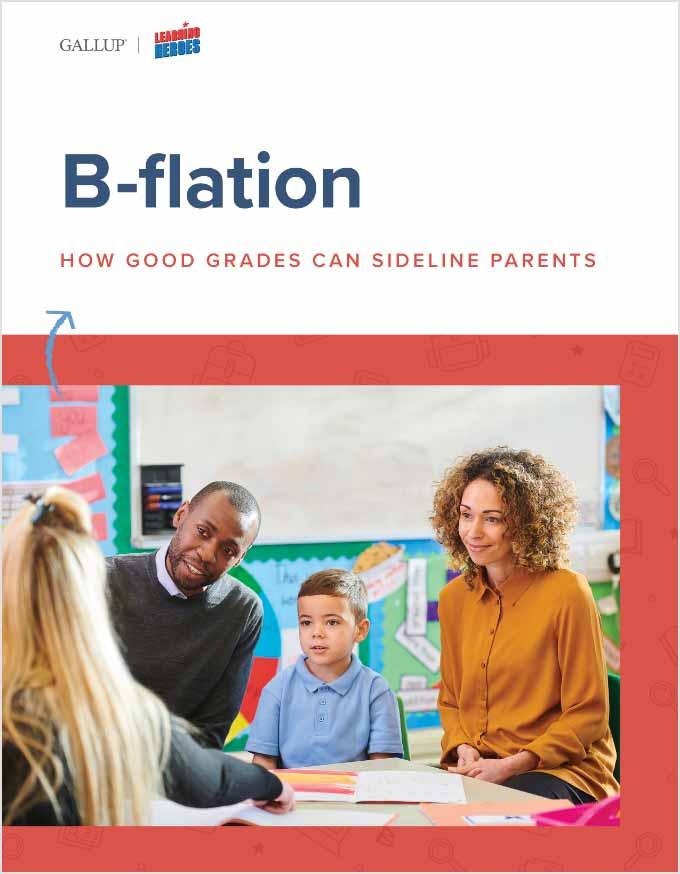Data for this study were collected via the web Oct. 2-9, 2023, using the Gallup Panel. A total of 1,971 surveys were collected from U.S. adults who self-identified as a parent of a child in K-12 school. This included mothers and fathers, legal guardians, foster parents, and stepparents who said they were also guardians. Parents who said their child had a diagnosed and significant cognitive disability were excluded from the study.
Weighting was conducted to ensure the sample was representative and matched national parent demographics of gender, age, race, Hispanic ethnicity and education, with cross-classified targets within race and Hispanic ethnicity. The margin of error of the full sample, adjusted for design effect, is ±3.1 percentage points at the 95% confidence level. For parents who said their child is below grade level in math, it is ±11.4 percentage points. See the full report for details.
In addition to sampling error, question wording and practical difficulties in conducting surveys can introduce error or bias into the findings of public opinion polls.
